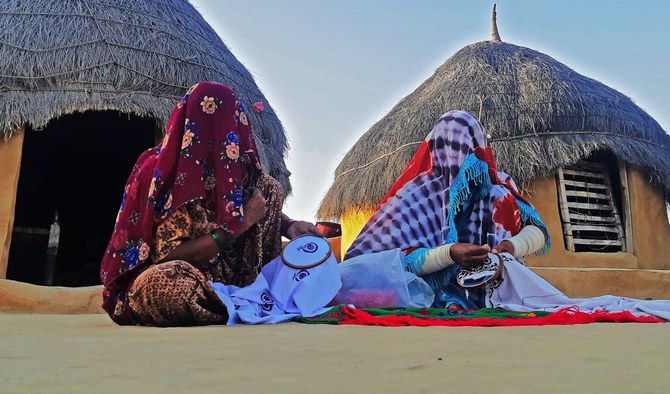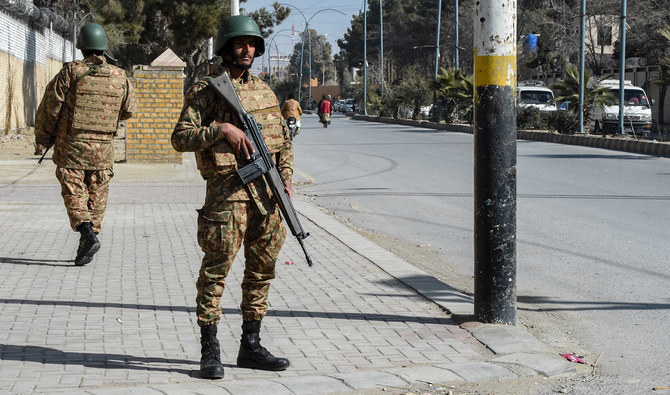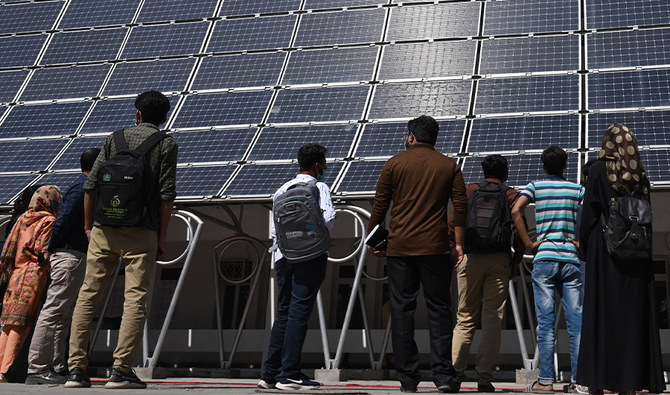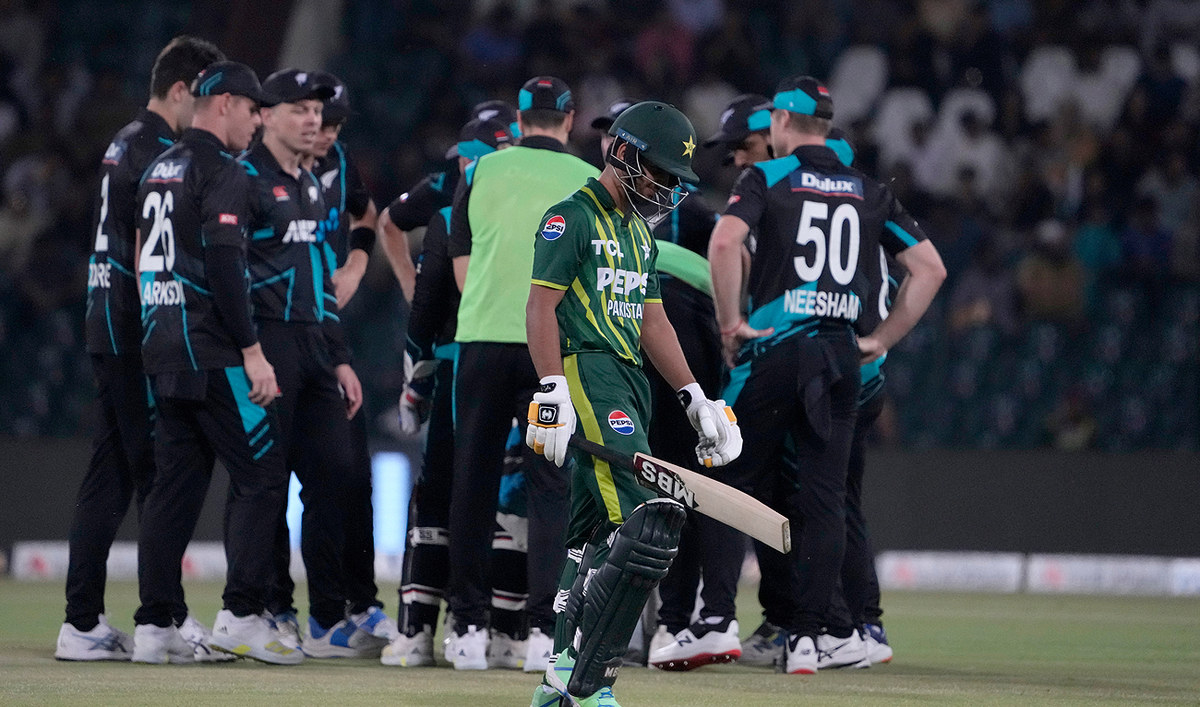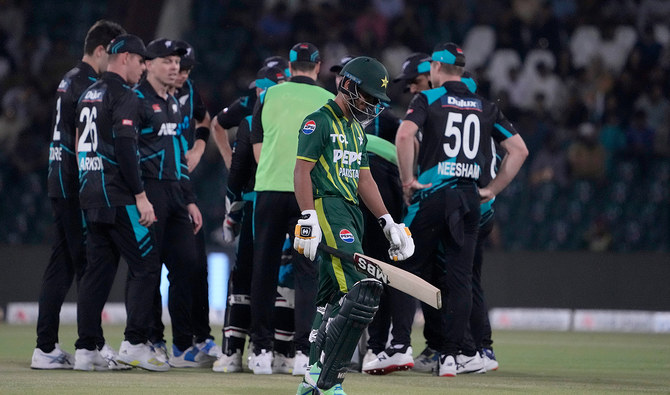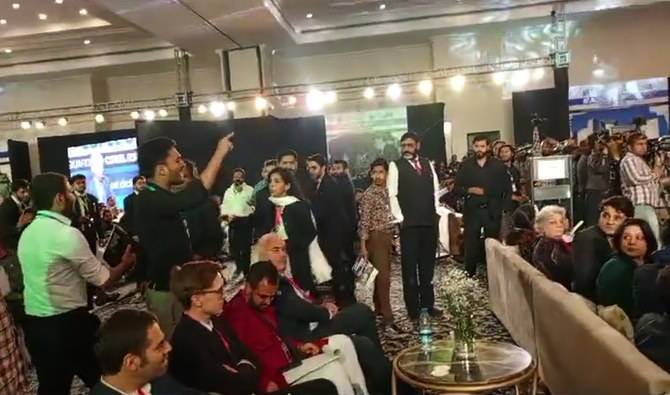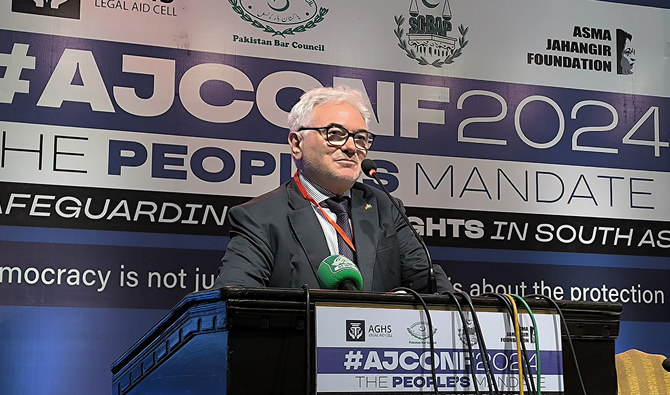KHIPRO: Naaji Meghwar, a middle-aged artisan in a desert village in southeastern Pakistan, said she was looking forward to going shopping for her family before the upcoming Diwali festival this year.
For a change, she can make her own decisions about how to spend money: the Rs10,000 ($62) she makes each month from needlework is hard-earned and all her own.
Meghwar — from Pakistan’s Achro Thar desert, known for its white sand dunes and saline lakes — is one of dozens of local women who have turned the craft of thread work into a means of financial independence, and whose elaborate embroidery designs are now admired and appropriated abroad, with regular orders from royals in the Middle East.
“This Diwali festival in mid-November, I have planned shopping for my family from my embroidery work savings,” Meghwar told Arab News, referring to the Hindu festival of lights, celebrated each year in the impoverished desert whose population of 300,000 people is majority Hindu.
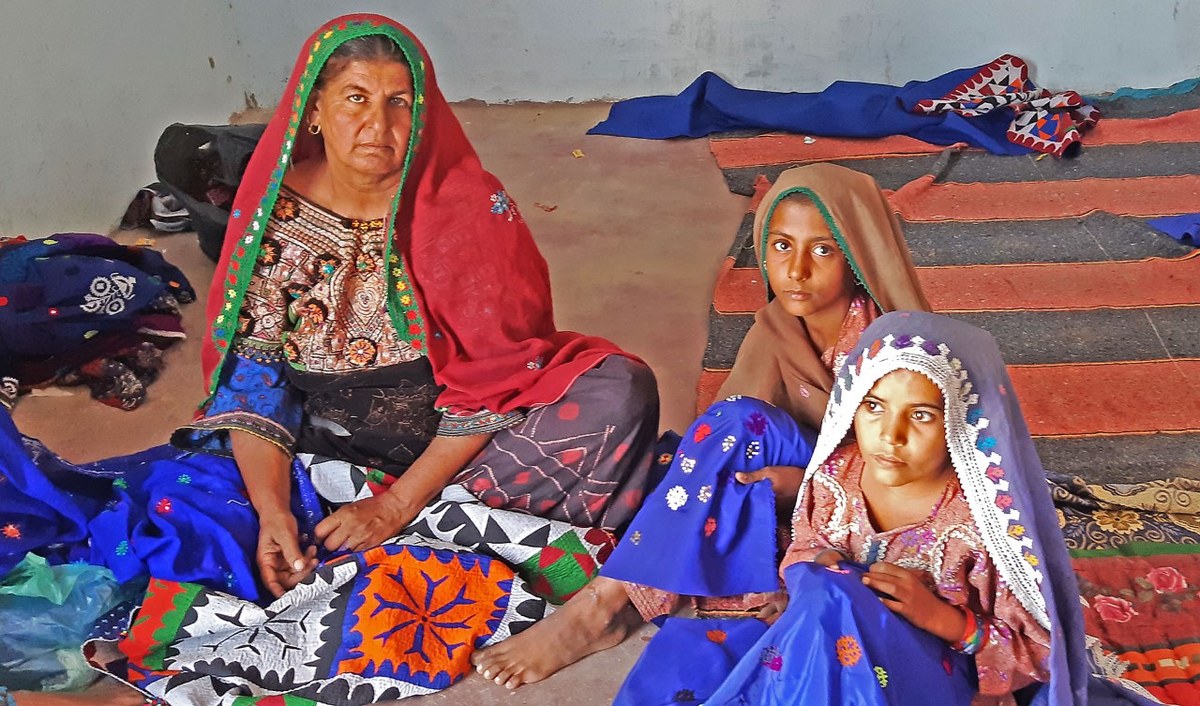
Khadija Samoon trains girls in traditional embroidery in Dodhar village in Achro Thar desert near Khokhrapar border in Tharparkar district, Sindh province, Pakistan, on October 24, 2020. (AN photo by Zulfiqar Kunbhar)
“This financial freedom is because of money in my hand, as I don’t have to be dependent on male members of the family,” the artisan said.
Things are about to get even better for Mehgwar. With winter approaching, she and her colleagues are expecting a rise in orders for their richly detailed tapestries.
“Normally winter is peak season for local orders because of wedding season and dowries,” she said.
Demand for the embroidered pieces also rises in winter with the arrival of migratory birds and foreign hunters, who come mostly from Arab countries to hunt rare desert birds such as the houbara bustard. They also buy local craft.
“Achro Thar normally hosts dignitaries from royal families of United Arab Emirates for hunting,” Malhar Chaniho, a local Arabic translator, who organizes hunting trips, told Arab News. “During the last 20 years, I have purchased countless homemade items, especially rugs and shawls on the demand of royal guests.”
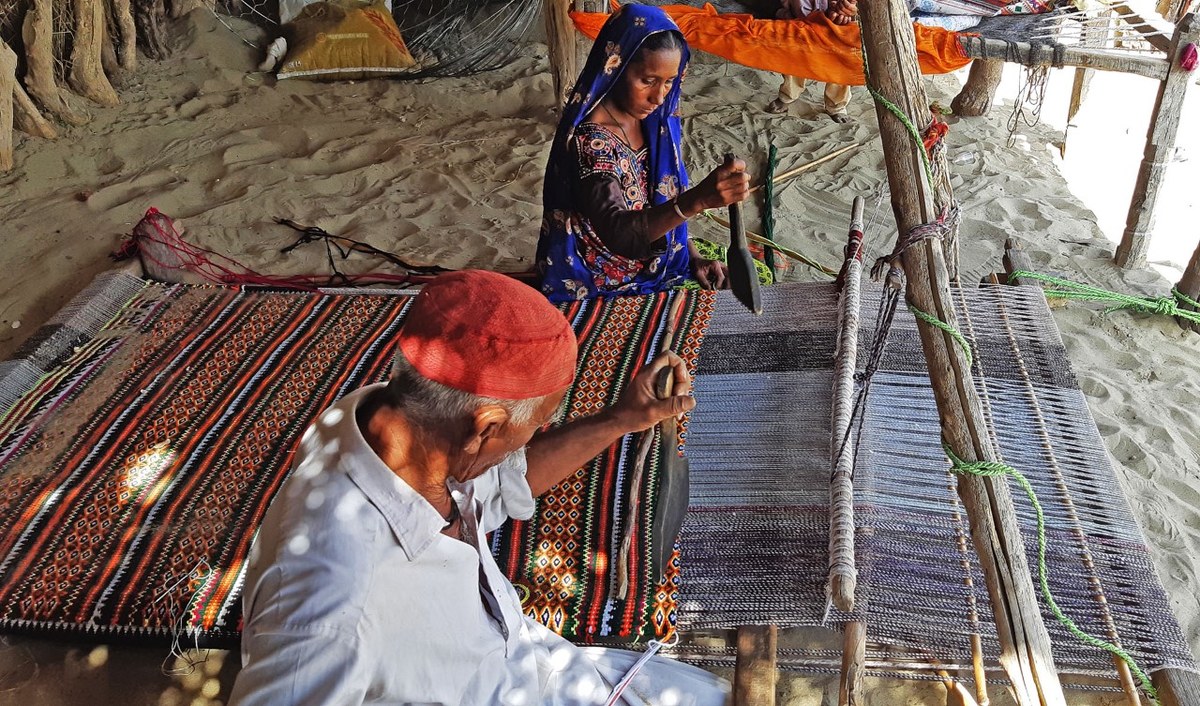
A craftsman and craftswoman weave a rug in Mitho Pusso village in Achro Thar desert near Khipro, Sanghar district, Sindh province, Pakistan, on October 26, 2020. (AN photo by Zulfiqar Kunbhar)
Needlework from Achro Thar is vividly colored with geometrical and wildlife motifs and comes in many variations.
Aari embroidery, for example, is popular for its fine and delicate threadwork and usually decorates scarves. Ralli work, with interlocking circles and stepped square patterns, appears on bigger items such as quilts and bedcovers.
These decorative handworks have international appeal as gifts. Allahyar Muhammad Khan Keerio, a resident of Achro Thar’s Sanghar district, said he had spent 30 years working as a driver in Madinah and always took embroidered pieces with him as gifts when he returned to Saudi Arabia.
“During my stay in the kingdom as an expat and now as a frequent visitor, I take local handicrafts as souvenirs for my family and friends and for former Saudi bosses,” he said. “For my next Umrah trip, I have already placed some handicrafts orders to take as gifts.”
Because handicraft from Achro Thar is unregulated, it is hard to pin down how much of it is sent abroad and whether the women artisans are paid fairly for their work.
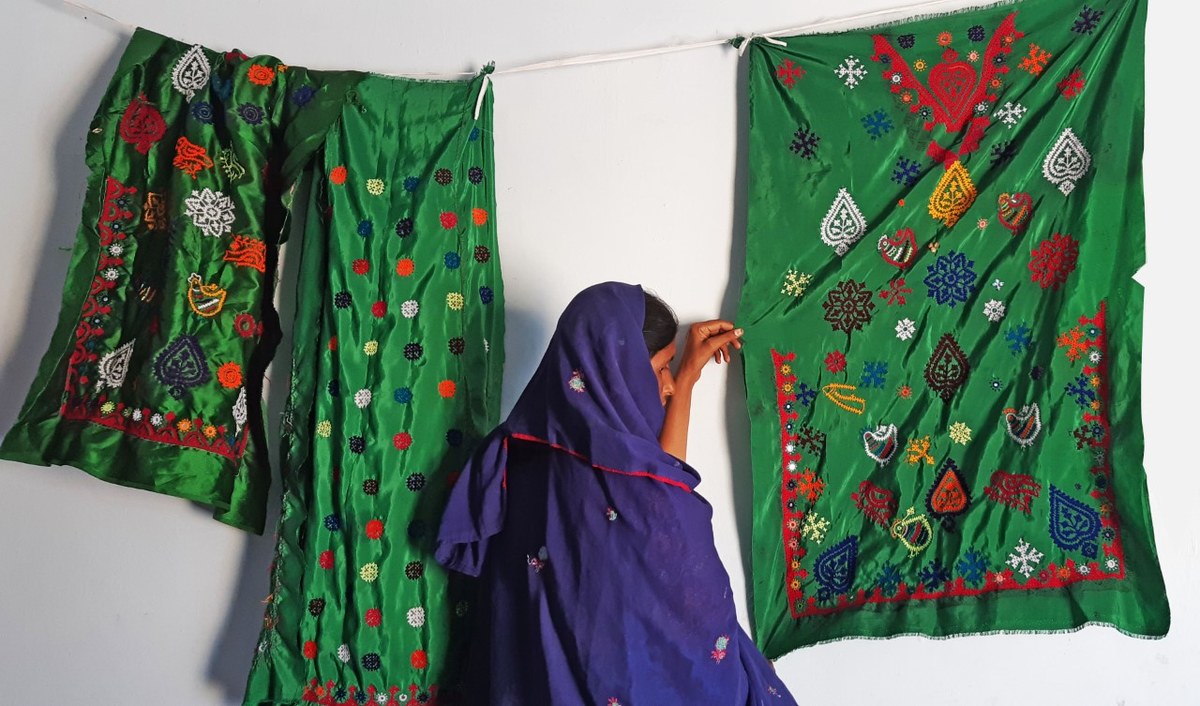
A woman hangs her handwork in Dodhar village in Achro Thar desert near Khokhrapar border in Tharparkar district, Sindh province, Pakistan, on October 24, 2020. (AN photo by Zulfiqar Kunbhar)
“This women-led craft is of high potential but remains undocumented,” Ashiq Hussain Khoso, head of the Trade Development Authority of Pakistan’s Hyderabad branch, told Arab News. “In personal and individual capacity, women-made products from Achro Thar go to Middle East, Europe and US.”
But the TDAP, he said, was planning to “uplift” desert craftswomen and help them capture the online market.
Indeed, in an impoverished region where most are illiterate and Internet access is scarce, the craftswomen say all they need is the government’s help in getting rid of middlemen.
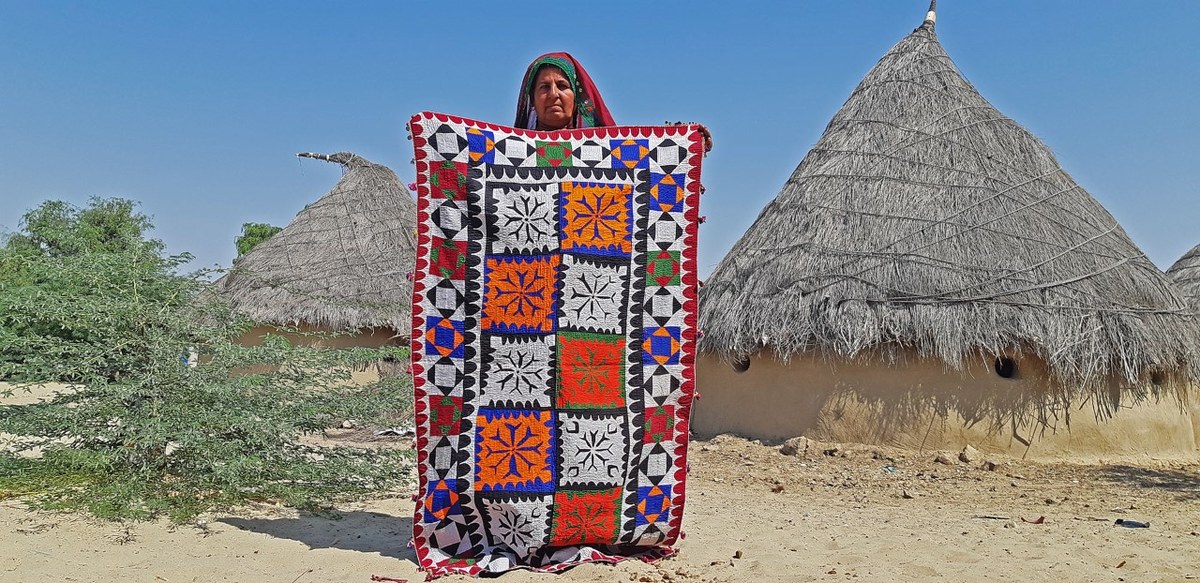
Khadija Samoon shows her ralli work in Dodhar village in Achro Thar desert near Khokhrapar border in Tharparkar district, Sindh province, Pakistan, on October 24, 2020. (AN photo by Zulfiqar Kunbhar)
“Government should establish purchasing centers where it can buy embroidery work and sell elsewhere and give us due payment,” said Khadija Samoon, an embroidery master from Dodhar village, who used to work with the Sindh Rural Support Organization.
Then, as she sowed brightly colored patches onto a black tunic, she said: “In the absence of government infrastructure, women artisans are at the mercy of private vendors.”




